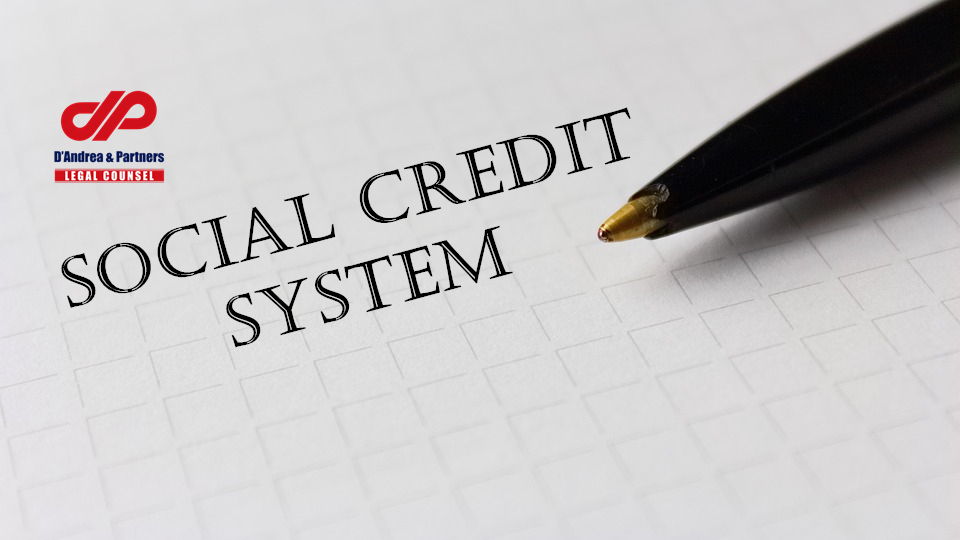In 2014, China published the Planning Outline for the Construction of a Social Credit System (2014 – 2020) (hereinafter referred to as “Outline”), China has since then actively prompted its establishment, rendering the year 2019 a key point for such a grandiose maneuver. In light of the ongoing PRC-US trade war, the impacts of the system deserves an extra element of attention from foreign enterprises.
The social credit system for enterprises includes two key procedures, firstly, the definition of credit grading standards by the government, which are mainly assessed by way of numerous and complicated ordinances and statutes, of which there are approximately 300 standards which touch upon 30 areas of business operations relevant to foreign enterprises in PRC. Secondly, regulatory authorities shall judge and classify enterprises by the previously mentioned standards and grant correspondent rewards/penalties. The current uniformed standards have not yet been issued but the Tax Credit Grading system may function as a reference, in which taxpayers shall be graded from class A to class D by order of the quality of compliance.
Credit grading will cause material impacts upon the operations of corporations and their growth, such as:
The funding flexibility of a company, presently, the integration of the tax grading system and banking financial systems has commenced and shall cause immediate impacts on a company’s financing efforts;
Secondly, government bidding activities, for example, companies with problematic customs grading shall be declined in participating in government biddings or cooperation with governmental authorities;
Thirdly, impacts on the acquirement of administrative licenses, a vital aspect for all corporate operations including business license, operation license etc., companies with problematic grading shall be subject to unfavorable treatment during the relevant application procedures;
Fourthly, business development, corporate credit records can be found on a number of major credit publishing sites, therefore, potential partners may decline to contact companies with an unacceptable credit grading.
Considering the above-mentioned information, we would suggest companies to conduct extensive preparation work during the establishment of the social credit system. First of all, comprehensively study the governing regulations and deepen understanding of social credit standards; then, conduct an internal check with the actual conditions of the company in mind; finally, seek professional assistance, conduct due diligence in this regard and improve internal schemes accordingly.







